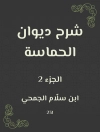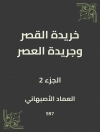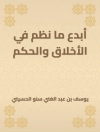In 1878, in London, a woman served a prison sentence for deserting two of her children, a charge she denied. Almost nothing else is known of her life or that of her husband, a dealer in ‘foreign birds and curiosities’, who was himself a migrant. The two children vanished from the record.This is where Fleet begins, with elusive histories and lost voices. The title suggests imperial power, conquest, traffic in commodities (which in the nineteenth century included vast numbers of exotic birds). It is shadowed by other meanings: the fleeting glimpse and swift flight; floating memories, enigmatic and insistent.Judith Willson’s second book of poems was written during years when migration and displacement have become central facts of the human condition. The collection works outwards from found text – historical documents, archive materials – into other places and times. In the silences of such records, their erasures and omissions, are stories that haunt our present.
Despre autor
Judith Willson has worked as a teacher and in publishing. Her work was featured in Carcanet’s New Poetries VI and her first collection, Crossing the Mirror Line, was published by Carcanet in 2017. She grew up in London and Manchester and now lives in the Yorkshire Pennines.












